Leading confectionery manufacturers are working to secure their supply of cocoa amid widespread disruption and price volatility.
Both Nestlé and Cadbury are taking action to tackle the supply issues that have caused the price of cocoa to rocket in recent months. Political turmoil, ageing plants and crop disease have disrupted supply in the two primary suppliers of cocoa, Ghana and the Ivory Coast. Cocoa peaked at over £2,100 per tonne in March, but has since fallen back to about £1,700.
The Ivory Coast in particular has been hit by political unrest and widespread industrial action among agriculture workers. This has also led to farmers not replacing their ageing cocoa trees. A high proportion of the Ivory Coast's cocoa stock is nearing the end of its 50-year working life.
Nestlé is planning to make one million disease-resistant cocoa seedlings a year available to farmers in the Ivory Coast. The company estimates these could triple yields for many farmers once they hit full productivity, around five years after planting, as more than 30% of cocoa in the Ivory Coast is lost to black pod disease every year.
Cadbury, meanwhile, is planting 7.5 million cocoa trees in India this year to fuel its rapidly growing operations there. The initiative, believed to be one of the largest organised tree-planting schemes in history, provides farmers with seedlings and training.
Although at present India's cocoa production only accounts for half of Cadbury India's needs, it believes it can increase the country's production tenfold within 15 years to 3% of global supply.
Both Nestlé and Cadbury are taking action to tackle the supply issues that have caused the price of cocoa to rocket in recent months. Political turmoil, ageing plants and crop disease have disrupted supply in the two primary suppliers of cocoa, Ghana and the Ivory Coast. Cocoa peaked at over £2,100 per tonne in March, but has since fallen back to about £1,700.
The Ivory Coast in particular has been hit by political unrest and widespread industrial action among agriculture workers. This has also led to farmers not replacing their ageing cocoa trees. A high proportion of the Ivory Coast's cocoa stock is nearing the end of its 50-year working life.
Nestlé is planning to make one million disease-resistant cocoa seedlings a year available to farmers in the Ivory Coast. The company estimates these could triple yields for many farmers once they hit full productivity, around five years after planting, as more than 30% of cocoa in the Ivory Coast is lost to black pod disease every year.
Cadbury, meanwhile, is planting 7.5 million cocoa trees in India this year to fuel its rapidly growing operations there. The initiative, believed to be one of the largest organised tree-planting schemes in history, provides farmers with seedlings and training.
Although at present India's cocoa production only accounts for half of Cadbury India's needs, it believes it can increase the country's production tenfold within 15 years to 3% of global supply.









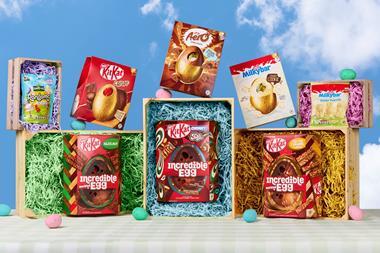
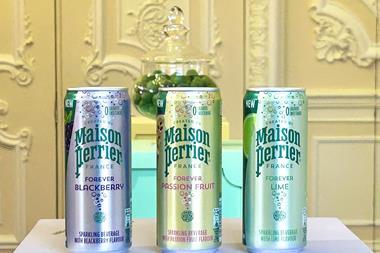
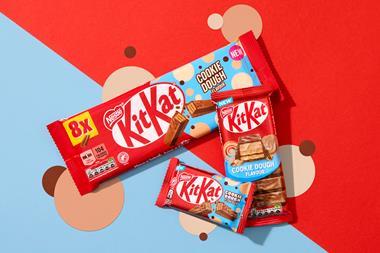
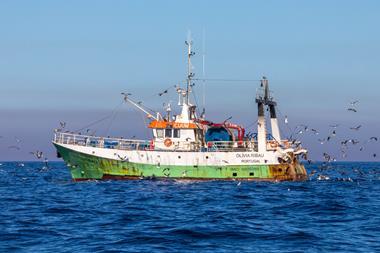


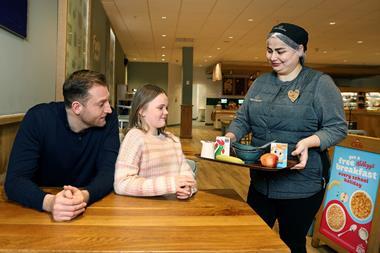


No comments yet